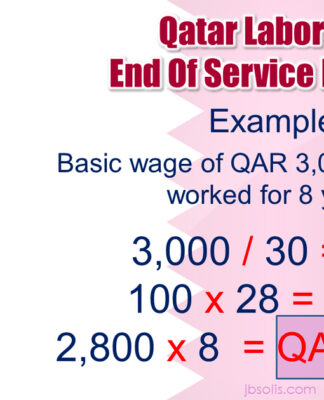How problem gambler was able to dodge checks to spend thousands
As the government prepares a major overhaul of the country’s gambling laws, Sky News hears that industry-funded efforts to exclude addicts are not working.
Gurpreet Narwan
Business correspondent @gurpreetnarwan
Wednesday 26 April 2023 16:41, UK
Listen to this article
0:00 / 5:12
1X
BeyondWords
Audio created using AI assistance
gambling
Why you can trust Sky News
Self-exclusion systems designed to protect problem gamblers are failing because customers are still able to open accounts after registering, according to campaigners.
They warn that industry efforts to self-regulate are insufficient and want independent oversight of the exclusion schemes, as the government prepares a major overhaul of the country’s betting laws.
Sky News spoke to one problem gambler who says he was able to easily circumvent the process.
At present, people who want to stop gambling can sign up to Gamstop, an industry funded online self-exclusion scheme which prevents members from using gambling websites and apps.
Gamstop is an industry-funded scheme for addicts to exclude themselves from the gambling industry
In 2020, the Gambling Commission made participation in the scheme a licence condition for online operators in the UK.
Participants register their name, address, date of birth and email address and, if they try to gamble, they should automatically be flagged and blocked by online operators. However, that does not always happen.
One problem gambler, Luis (not his real name), registered with Gamstop in 2019 but was able to reopen a dormant account with William Hill in March 2022 and subsequently gambled more than £2,000 in a few days.
The system failed to recognise him because his address had changed despite him having a very uncommon name.
Instead, he was still being bombarded with promotional emails.
Having battled a decade-long gambling addiction, Luis said that at no point did he feel that William Hill or other gambling operators had his best interests at heart.
'Luis' told Sky News he had been able to re-open an account he held with William Hill despite being registered with Gamstop
He said: “I could have my own house. With all the money I’ve lost I could have an easy life.
“I’ve been working and money doesn’t stay in my account for more than two days. So you work and gamble. That’s what you do.”
‘Current system is failing’
Brian Chappell, founder of the consumer group Justice for Punters, had little success or engagement when he took Luis’ case to the Gambling Commission.
He said: “Huge improvements in all of their processes are needed to protect people from gambling harm and prevent this from happening again
“So much needs to be learned from this case, because the current system is failing people like Luis every day and that’s just not acceptable.”
0:35
Play Video – ‘Gambling destroyed my life’
‘Gambling destroyed my life’
The government is now preparing to publish its long-awaited gambling white paper which will outline tougher rules for the industry.
Sir Iain Duncan Smith, the vice-chair of a parliamentary body on gambling reform, said: “They’ve demonstrated to us as a group of companies they are not responsible. Full stop.
“We now have to impose some of those changes on them because what you see now is the scale of the harm is such that they cannot be trusted to do that themselves… they’ve had years to bring this under control”.
Gambler spent £23k in 20 minutes without checks
William Hill maintained that it was not responsible for failing to identify Luis as someone who had self-excluded.
It has not yet responded to official requests for comment.
It comes after the company was forced to pay a record £19.2m fine in March to the Gambling Commission for a number of failings, including neglect of vulnerable customers.
Failures identified by the regulator included allowing a customer to open a new account and spend £23,000 in 20 minutes, all without any checks.
William Hill fined £19.2m by UK gambling regulator for 'widespread' failures
The Gambling Commission did not respond to a request for comment but concerns about the self exclusion scheme were first flagged in 2018.
Tim Miller, then the executive director of the Gambling Commission, expressed his concerns in a letter to the industry trade body, the Remote Gambling Association. He said he was “yet to see proper evidence of the effectiveness” of GamStop.
Read more:
Why are more women turning to gambling?
Recovering addict calls for ban on online gambling advertising
Will Prochaska, strategy director for Gambling with Lives, a charity that supports families bereaved by gambling-related deaths, said: “We see the human cost of people being allowed to gamble after they’ve tried to self-exclude, and often much more than they can afford.
“The gambling industry has been given free rein to cause harm for too long with the only punishment being fines, which are no deterrent.”
He said that the government’s upcoming white paper “needs to include proper affordability checks set at a preventative level that will reduce the deaths, and the Gambling Commission needs to be much tougher, removing firms’ licences when failures put lives at risk”.
A Gamstop spokesperson said: “The Gamstop scheme matches hundreds of millions of data points per day and we are reliant on the data provided being correct at the point of entry. In addition, it is a licence requirement for every operator to ensure that their customer data is also verified and correct.
“We would recommend that Gamstop should be used in combination with other services, including blocking software, bank blocking, and seeking treatment and support from The National Gambling Helpline on 0808 8020 133.”
Related Topics
Gambling






























